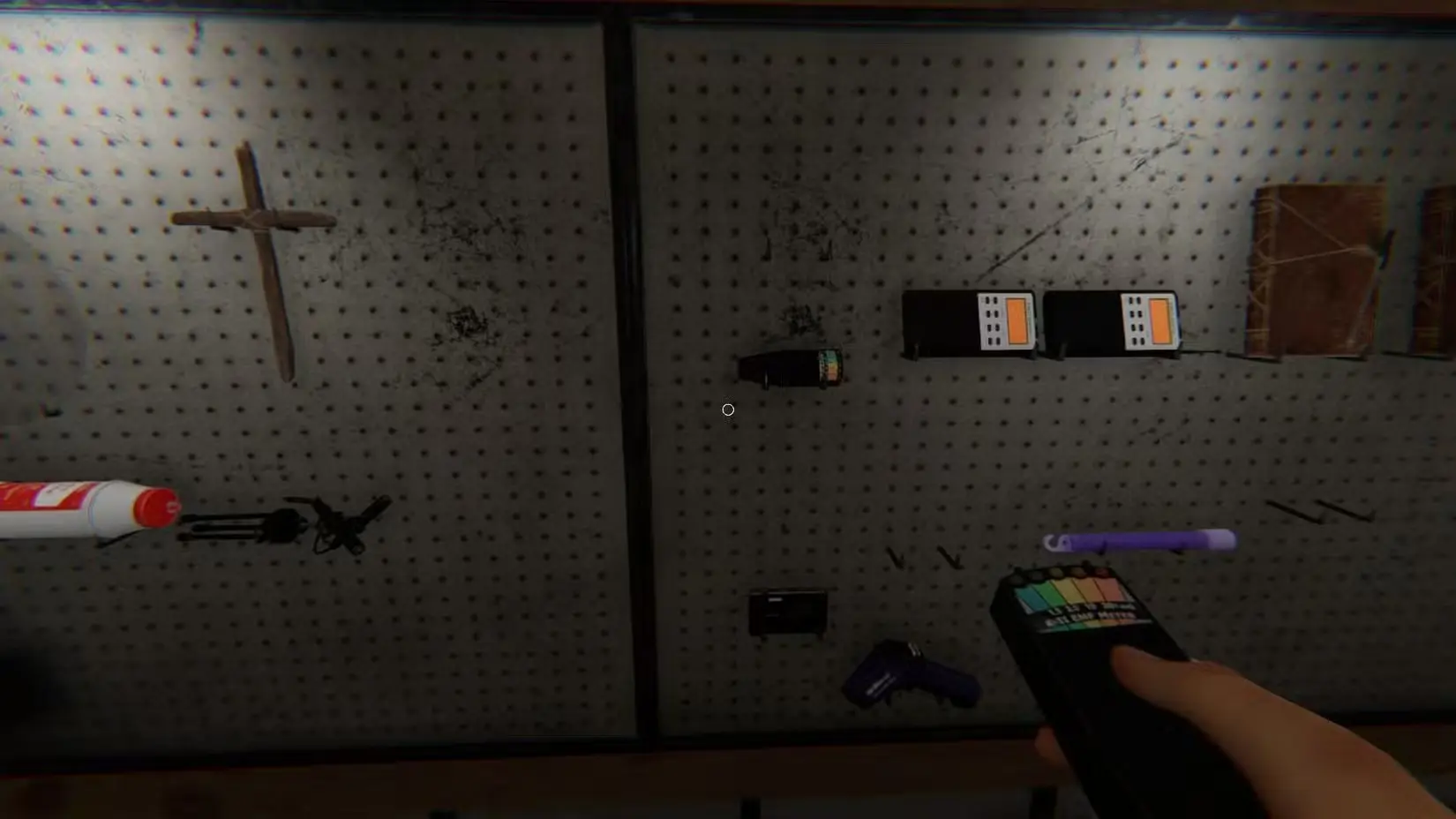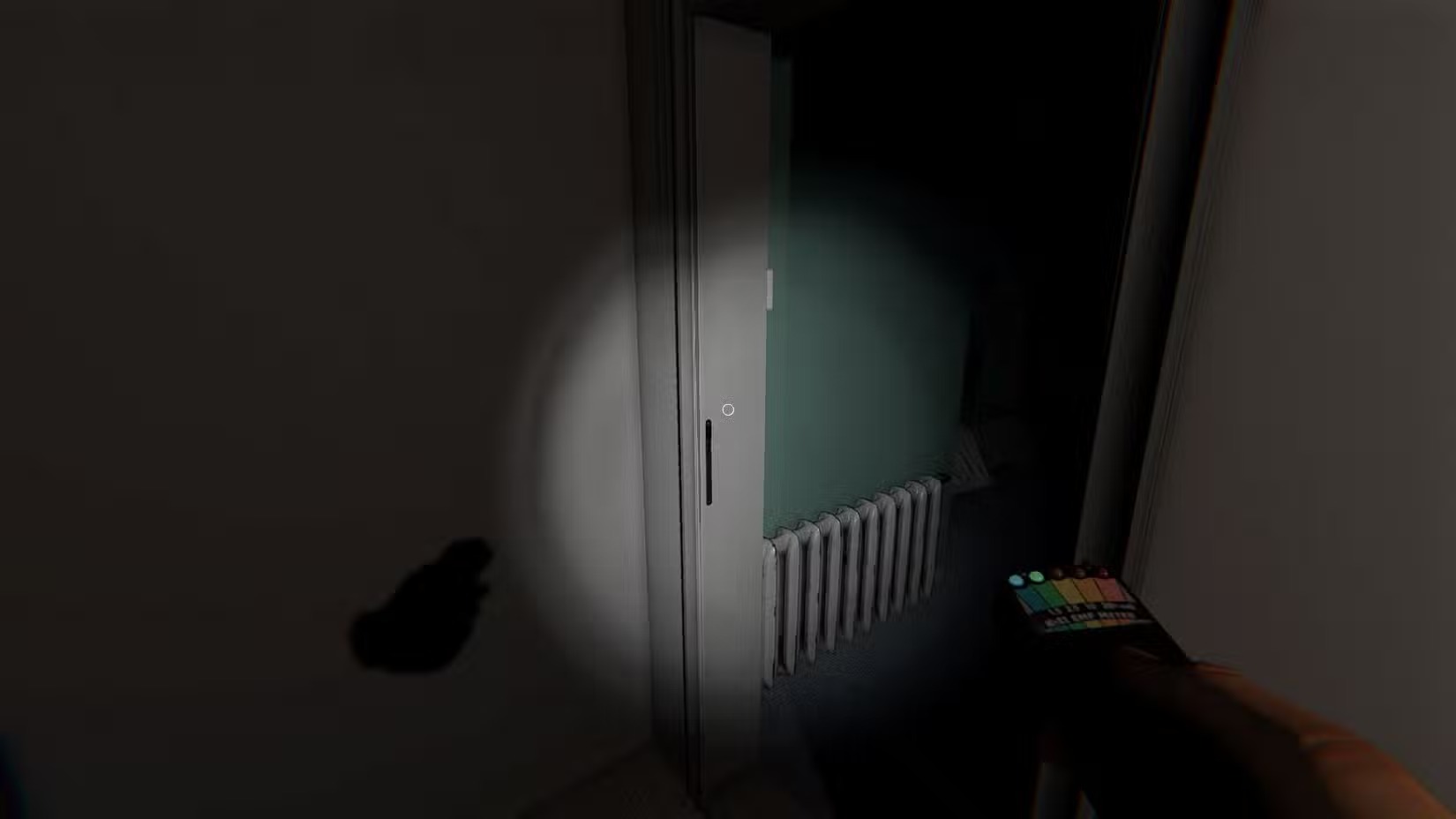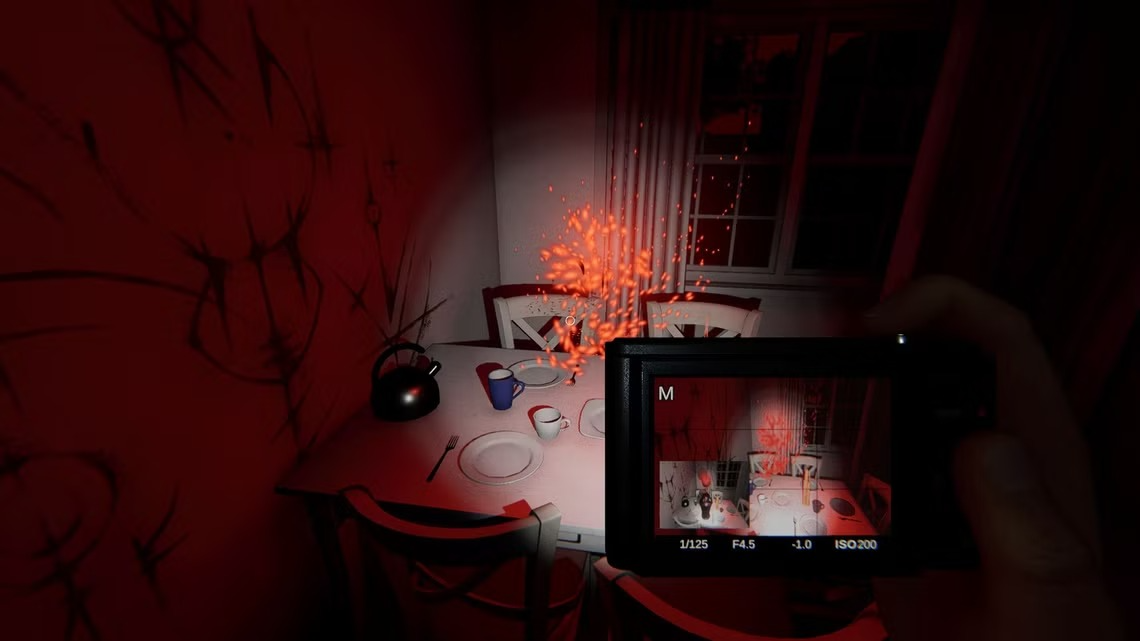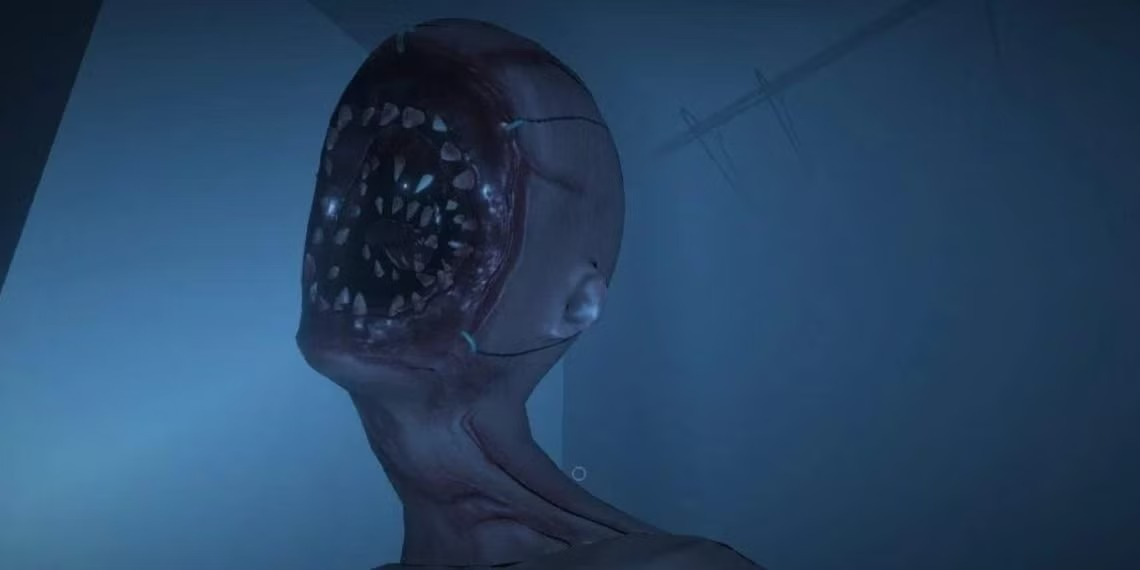Phasmophobia: How to Locate the Ghost Room
2024-10-29 15:20:45Source:40407Author:40407
In Phasmophobia, while ghosts tend to wander throughout the map, they usually spend the majority of their time in a designated area known as the Ghost Room. On lower difficulty settings, this room remains consistent, allowing players to hone in on it.
Identifying the Ghost Room is crucial for gathering evidence, as players need three pieces to accurately determine the type of ghost they’re dealing with. Understanding how to swiftly locate this room will significantly enhance your chances of success. Once you identify the Ghost Room, you can begin transporting your equipment there.

Essential Equipment for Finding the Ghost Room
While every piece of equipment in Phasmophobia serves a purpose, some are more effective for locating the Ghost Room or at least narrowing down the ghost's general area. Choose your gear based on the map size and whether you're playing solo or in a group.
- EMF Reader: This handy device detects any ghostly activity instantly. Carrying it around can be an effective strategy.
- Upgraded Thermometer: Ghost Rooms tend to be significantly colder, so a Level II or III Thermometer can provide quick temperature readings. Remember, the temperature should typically drop below 10 degrees Celsius, and ensure the Breaker is activated to prevent other rooms from heating up.
- Parabolic Microphone: This tool allows you to listen for ghostly sounds or door activity from a distance, making it especially useful on larger maps.
- Video Camera: Utilize night vision to explore and potentially spot Ghost Orbs as you navigate through the area.
- Tier I D.O.T.S Projector: Carry this device to look for ghost outlines as you move around.
- Sound & Motion Sensors: Place these strategically in various locations and monitor their activity from the safety of your truck.

Tips for Finding the Ghost Room
In addition to using equipment, players can also rely on their senses to help identify the Ghost Room or at least narrow down its location.
- Listen: Pay attention to sounds like doors creaking open or closing, footsteps, items being thrown, and ghostly whispers.
- Observe: Look for objects that seem to have been moved or thrown about.
- Door Management: Keep doors closed to better track which ones have been opened by the ghost.
- Cold Breath: Notice if you can see your breath in the air; the Ghost Room will generally be colder than other areas. However, keep in mind that if it’s snowing, all areas will exhibit cold breath.
Remember, the Ghost Room doesn’t necessarily have to be a traditional room; it can also be a section of a hallway.
Related Articles
-

Phasmophobia: Guide to the Blood Moon Event
2024-10-29
-

Phasmophobia Announces Exciting VR PS5 Feature
2024-10-28
-

Unleash Your Imagination – Create Stunning Emojis with AI Emoji
2025-11-11
-

Welcome to the Future of Mobile Casino Games: AI Meets the Best Casino Experience!
2025-08-29
-

NTR Knight Gameplay & Guide Videos
2025-08-27
-

Lustworth Academy Gameplay & Guide Videos
2025-08-27
-

Jikage Rising Guide & Gameplay Videos
2025-08-26
-

Attack on Survey Corps Walkthrough & Gameplay Videos
2025-08-26
-

The Most Complete Guide for Poker Enthusiasts – What Every Player Should Know
2025-08-25
-

Gacha Cummy Gameplay & Guide Videos
2025-08-25


